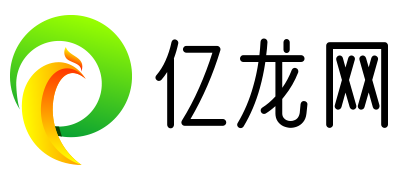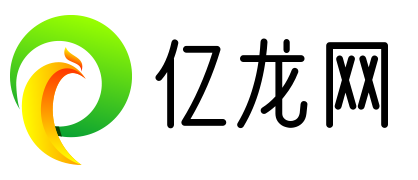if后面跟的时态要根据主句决定。复合句中,主句是一般将来时、祈使句或有情态动词,if后的从句要用现在时态。若主句是过去时,if后也要用过去的某种时态。if后接一般现在时:当if后面接一般现在时的动词时,表示对将来的一种推测。例如:if sb do sth sb will/shall do sth.If you go with me,you shall be rewarded.如果某人做某事,某人将要做某事。如果你和我一起去,你将得到奖励。
1、主将从现(主句为一般将来时,从句为一般现在时);
eg:If it rains(从句),I will stay at home(主句).
=I will stay at home if it rains.
2、主句含有情态动词(must、may、can etc.)从句为一般现在时;
eg:If you drive too fast,you may have an accident.
=You may have an accident if you drive too fast
3、主句为祈使句,从句要用一般现在时态;
eg:Don't play computer games if you don't finish your homework.
if有两个意思:“是否”和“如果”.
当做“是否”讲时一般引导宾语从句,时态依据时间状语来做决定,
如:I don't know if he will come tomorrow.
当做“如果”讲的时候,又分为两种情形:
1、真实性条件状语从句,此时遵循“主将从现”原则,即主句用将来时,而if条件状语从句用一般现在时来代替将来时.
如:If it doesn't rain tomorrow,I will go shopping with my friends.
2、虚拟性条件状语从句,初中阶段常接触对现在和对将来的虚拟,此时主句多用过去将来时(would+动词原形),而从句用一般过去时(V-ed).
如:If I knew his telephone number,I would tell you.
1、I could do it now,if you like.
如果你愿意的话,我现在就可以做这事。
2、You can come with us if you want to.
如果你愿意可以跟我们一起来。
3、Put your hand up if you need more paper.
若有人还要纸,请举手。
4、If that is the case,we need more staff.
如果真是那样,那我们就需要更多的员工了。
5、If that is the case,we need more staff.
如果真是那样,我们就需要更多的员工了。
6、Let me know if you have any problems.
你若有困难就告诉我。
7、I went to see if my old school was still there.
我去看过母校是否依然存在。
8、Call me if you have any problems regarding your work.
你如果还有什么工作方面的问题就给我打电话。
9、If you should change your mind,do let me know.
假如你改变主意的话,一定要告诉我。
10、What difference will it make if he knows or not?
他知不知道有什么关系吗?
11、I can't work if I'm cold.
我要是觉得冷就干不了活。
12、If you have any issues,please call this number.
如有问题,请拨打这个电话号码。
13、She asked me if I would give her English lessons.
她问我愿不愿意给她上英语课。
14、Perhaps it would be better if you came back tomorrow.
如果你明天回来,也许更好。
15、That was a disaster if ever there was one!
那确实是场灾难!


